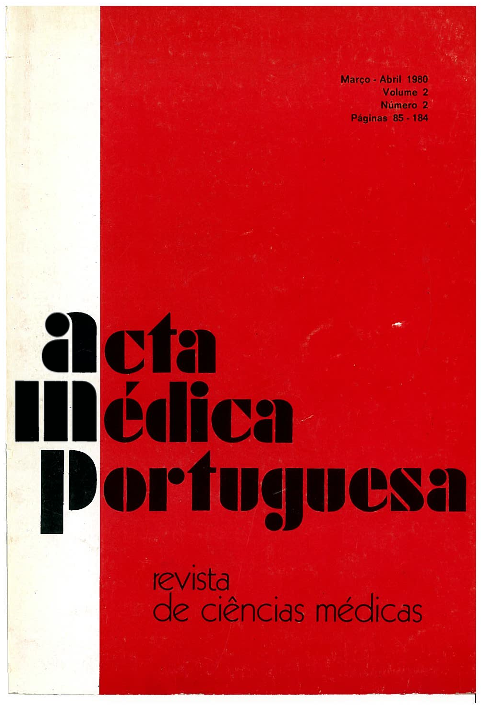Relevance of the psychic component in differential diagnosis.
DOI:
https://doi.org/10.20344/amp.3927Abstract
A metodologia didática, que recorre ao que aqui se designa como um esquema referencial, tem em vista orientar para os tópicos principais do tema, os quais são desenvolvidos e explicados. Procura-se também oferecer algumas definições e conceitos, alguns deles originais ou que não se encontram com facilidade em textos e artigos dispersos ou muito divergentes nos seus fundamentos, orientações e bases científicas. O propósito didático principal consiste na sensibilização e abertura de perspectivas clinicas pragmáticas (mas não desinseridas de contextos científicos idóneos) que possam motivar e habilitar o médico na sua prática clínica. E, neste caso, com o objectivo de o ajudar a movimentar-se na área complexa da conjugação de componentes psíquicas com outras dimensões que lhe foram ensinadas na sua formação médica global. São especialmente focados o diagnóstico diferencial (D. D.) e as atitudes e reacções do próprio (Self) para com a sua componente mórbida ou processo patológico.
Downloads
Downloads
How to Cite
Issue
Section
License
All the articles published in the AMP are open access and comply with the requirements of funding agencies or academic institutions. The AMP is governed by the terms of the Creative Commons ‘Attribution – Non-Commercial Use - (CC-BY-NC)’ license, regarding the use by third parties.
It is the author’s responsibility to obtain approval for the reproduction of figures, tables, etc. from other publications.
Upon acceptance of an article for publication, the authors will be asked to complete the ICMJE “Copyright Liability and Copyright Sharing Statement “(http://www.actamedicaportuguesa.com/info/AMP-NormasPublicacao.pdf) and the “Declaration of Potential Conflicts of Interest” (http:// www.icmje.org/conflicts-of-interest). An e-mail will be sent to the corresponding author to acknowledge receipt of the manuscript.
After publication, the authors are authorised to make their articles available in repositories of their institutions of origin, as long as they always mention where they were published and according to the Creative Commons license.









